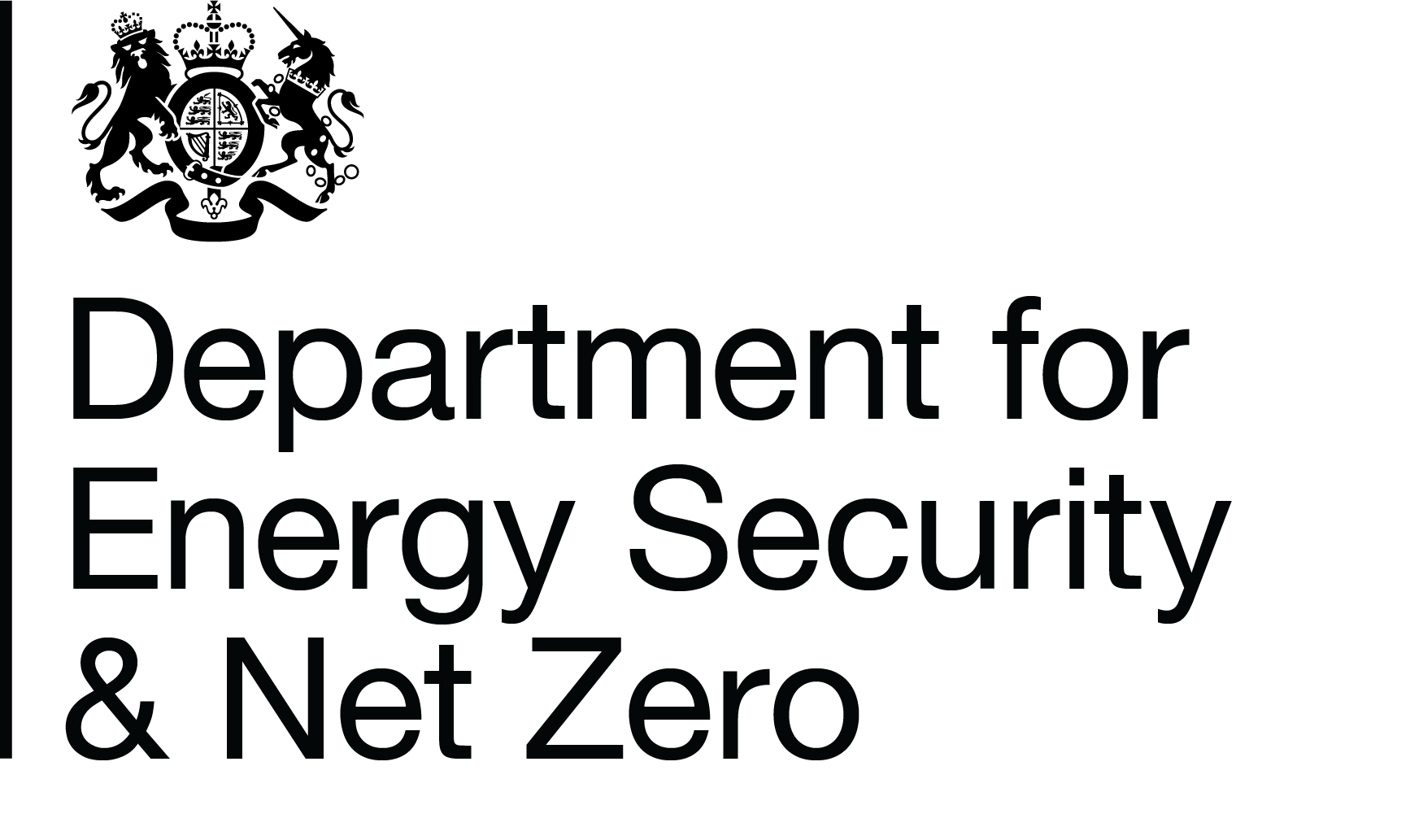Teaching Excellence Framework: Technical Consultation for Year Two
Overview
The White Paper Success in a Knowledge Economy: Teaching Excellence, Social Mobility & Student Choice (May 2016) reiterates the Government’s manifesto commitment to introduce a Teaching Excellence Framework (TEF). The TEF will provide clear information to students about where the best provision can be found and should encourage providers to improve teaching quality to reduce variability.
This consultation presents detailed proposals for:
- how the TEF will assess teaching excellence;
- the criteria that will define teaching excellence;
- how judgements about excellence will be made, including the evidence base and use of core metrics;
- how TEF outcomes will be communicated.
The White Paper outlines the development of the TEF in a high level overview across Years One to Four and covers the operation of the TEF in Year One.
This consultation applies to the operation of the TEF in Year Two, which corresponds to the academic year 2016/17, when assessment takes place and TEF outcomes are published. TEF awards made in Year Two will be primarily relevant to the decision-making of the cohort of students applying in 2017/18 for courses starting in 2018/19.
Why your views matter
UK higher education has a justly deserved global reputation for excellence. The TEF will build on the existing high standards we expect of providers, assured through the broader quality assurance system, stretching the best and placing pressure on those with variable quality to improve.
The TEF will help to drive UK productivity by ensuring a better match of graduate skills with the needs of employers and the economy. It will ensure better outcomes for all students, including those from disadvantaged backgrounds.
This is a technical consultation, to be read alongside the White Paper, and puts forward detailed proposals for how the TEF will operate in Year Two.
What happens next
Your responses are now being analysed.
Audiences
- Universities
- Students
- University staff
- HE policy organisations
- HE journalists
- Learned societies
- University associations
- Higher Education institutions
- HE representative bodies
Interests
- Higher Education
- University
- Higher Apprenticeship
- Access to Higher Education
- Student loans

Share
Share on Twitter Share on Facebook